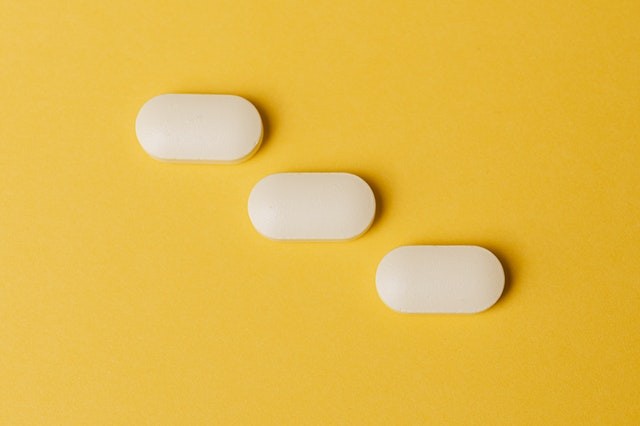Various companies are enthusiastic about receiving a favorable effect with less invasive, more standardized gut infection treatment that could attain approval from the United Nations regulatory.
According to a report from Science, people suffering from recurring infections of the "diarrhea-causing bacterium Clostridium difficile," FMT or fecal microbiota transplant provides a proven, if unappetizing, solution.
Feces derived from a healthy donor, typically delivered through colonoscopy, can contribute to the restoration of a balanced community of gut bacteria to vanquish the possibly fatal infection.
One option, a pill that contains bacterial pores separated from human feces, has now been considered a success in the phase 3 trial, paving the way for the first-ever approval of its kind.

The SER-109 Pill
According to gastroenterologist Colleen Kelly from Brown University, an investigator on the pill known as SER-109's earlier trial was not part of this new efficacy research.
Kelly explained that for most patients who see recurring C. difficile infections, this therapy might be a solution to the problem.
Essentially, FMT can break the cycle of repeated C. difficile infections, typical illnesses among elderly patients with other health conditions, and frequently begin when antibiotics reduce their normal microbiomes.
FMT has been part of conventional medicine for roughly a decade, according to gastroenterologist Sahil Khanna at the Mayo Clinic, who has been part of past trials of the SER-109. Nonetheless, the transplant material, coming from the bowels of volunteers, is difficult to standardize.
COVID-19 Intensifying Safety Concern of the FMT
In some recent cases, incompletely screened donor stool has transferred harmful new infections to patients. In 2019, a male individual with a compromised immune system died following receipt of stool with antibiotic-resistant Escherichia coli bacteria in a clinical trial not related to C. difficile infections.
In addition, COVID-19 has intensified safety concerns. Meaning, the possibility that FMT might transfer SARS-CoV-2 stimulated a new warning and updated donor screening requirement in 2020 from the US Food and Drug Administration.
Commenting on the new pill, Kelly said she thinks they have "made it safe as it can possibly be," Kelly, who leads a registry that tracks hundreds of patents after the procedure added, the transmission of infection doesn't appear to be a very typical problem, even among highly immunocompromised patients.
Nevertheless, the stricter FDA guidelines have made donor screening more difficult for some medical centers, explained Kelly.
And in the US, reliable sources of the stool preparations required have dried up. The largest provider in the US, OpenBiome, a nonprofit stool bank, said it was winding down production in February last year, mentioning financial struggles and the pending approval of FMT alternatives.
Derived From Human Feces
SER-109, the new pill made by Seres Therapeutics, is derived from human feces decontaminated to winnow down the resident bacteria.
Feces from a prescreened donor is treated with ethanol, which destroys a lot of viruses, "vegetative bacteria," and fungi, those, are a state of growth and reproduction.
Left behind are microbes that can form vigorous, thick-walled structures known as spores, many of them from the common phylum Firmicutes.
Essentially, microbes in this group are considered valuable as they can compete with C. difficile infection in the gut, taking its space, as well as its food and carbon sources, explained Lisa von Moltke, Seres Chief Medical Officer.
She added that Firmucutes change the composition of bile acids in the intestines, making the environment less hospitable for the said gut illness.
Related information about the SER-109 pill is shown on sherazzkhan's YouTube video below:
Check out more news and information on Gut Bacteria in Science Times.
© 2026 ScienceTimes.com All rights reserved. Do not reproduce without permission. The window to the world of Science Times.











